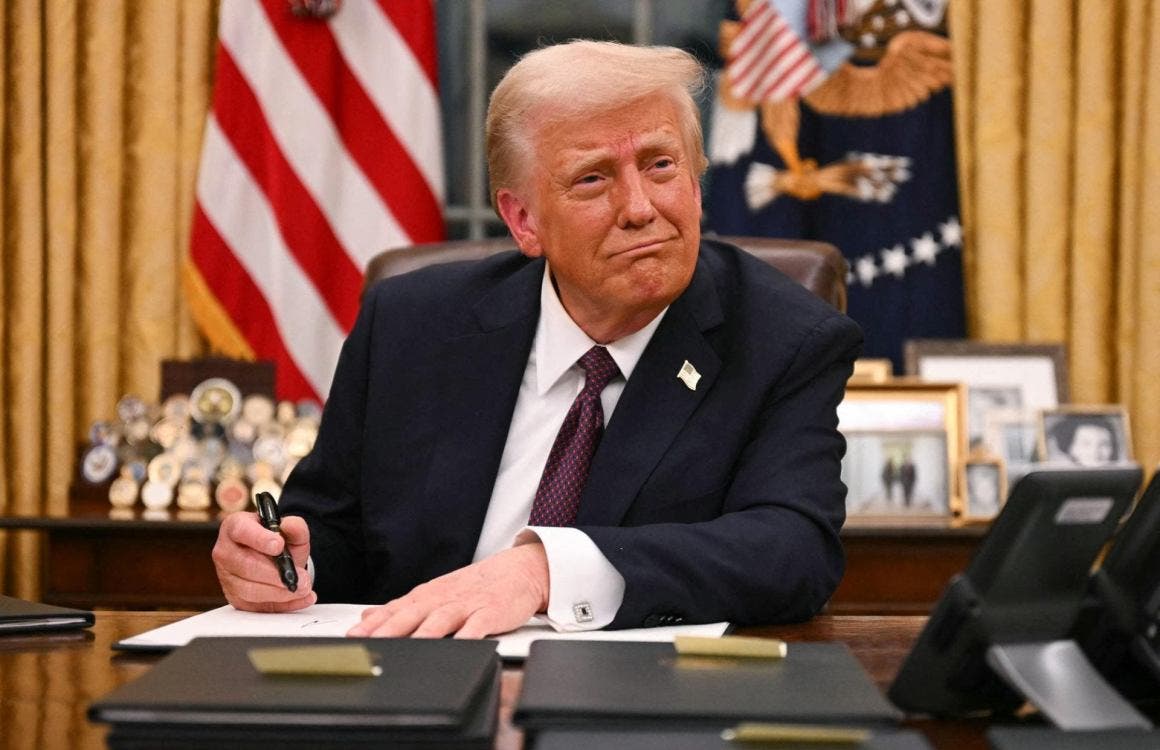The world of finance is celebrating US President Donald Trump’s decision to pause reciprocal tariffs for 90 days with the sole exception of China. A conciliatory gesture toward those countries that have not responded with trade retaliations, but also a clear hardening of stance toward Beijing.
Unfortunately, this conciliatory gesture does not apply to the automotive sector. In fact, the 25% tariffs on cars produced outside the United States imposed by Trump have not been touched and continue to remain in effect. Starting May 3, if nothing changes, these new customs tariffs will then be extended to a large part of components, causing further problems for the industry about which we have already written several times in recent times.
Trump pauses tariffs for 90 days, but not for the automotive sector

While positive comments were pouring in about the pause on reciprocal tariffs, the first controversial comments were arriving about the fact that the new customs tariffs on cars have not been touched. In particular, the first criticisms come from companies and automotive groups in Michigan.
For example, the Detroit Regional Chamber of Commerce and MichiganAuto have asked Trump to protect the complex structure of the international supply chain of the automotive industry from harmful fragmentation that weakens its global competitiveness. “Michigan’s signature industry, the supply chains and employees that support it will continue to experience uncertainty and disruption from these trade policies.”
Automotive groups have emphasized that Trump will also keep in effect the 25% tariffs on aluminum and steel, which are also having repercussions on automakers. On Wednesday, Trump stated that he is considering granting some U.S. companies an exemption from his tariff program, but it is not clear whether he is also considering automakers.
Earlier this week, a Detroit-area automotive consulting firm predicted that car sales in the United States and Canada could decrease by 1.8 million vehicles this year and remain stagnant in the next decade if the global trade war were to intensify.
Criticism is also coming from outside America. Japan, while appreciating the pause in reciprocal tariffs, is asking the Trump administration to also address the other new customs tariffs, such as those on cars.

